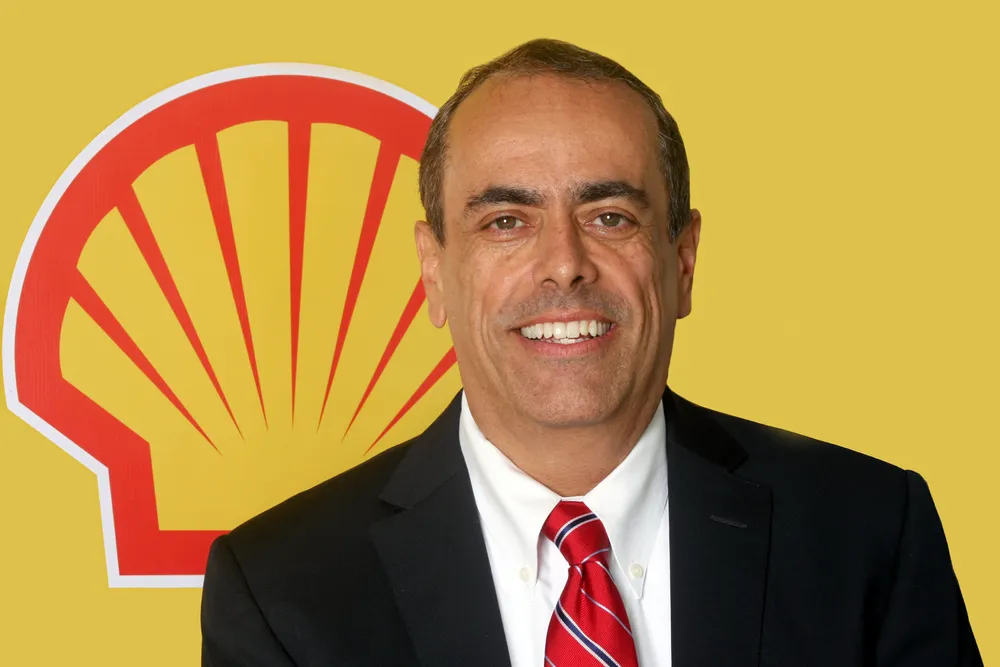'We probably learned in eight months what would normally have taken us years'
Challenges of Covid-19 and oil price crash have provided a learning opportunity for oil and gas players

Challenges of Covid-19 and oil price crash have provided a learning opportunity for oil and gas players
